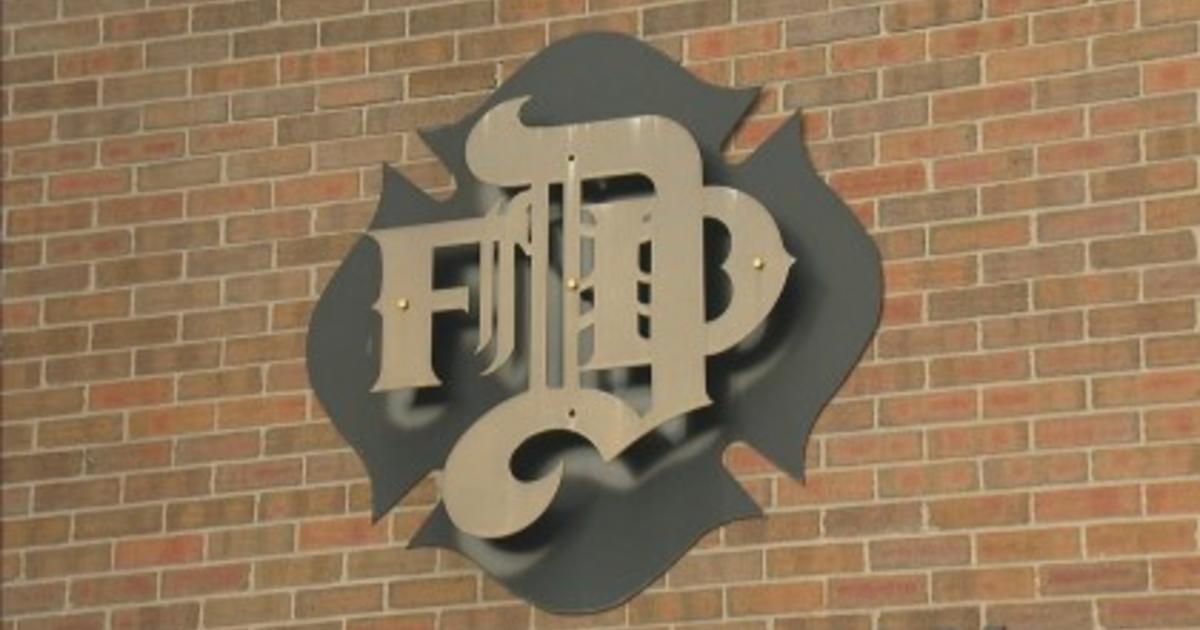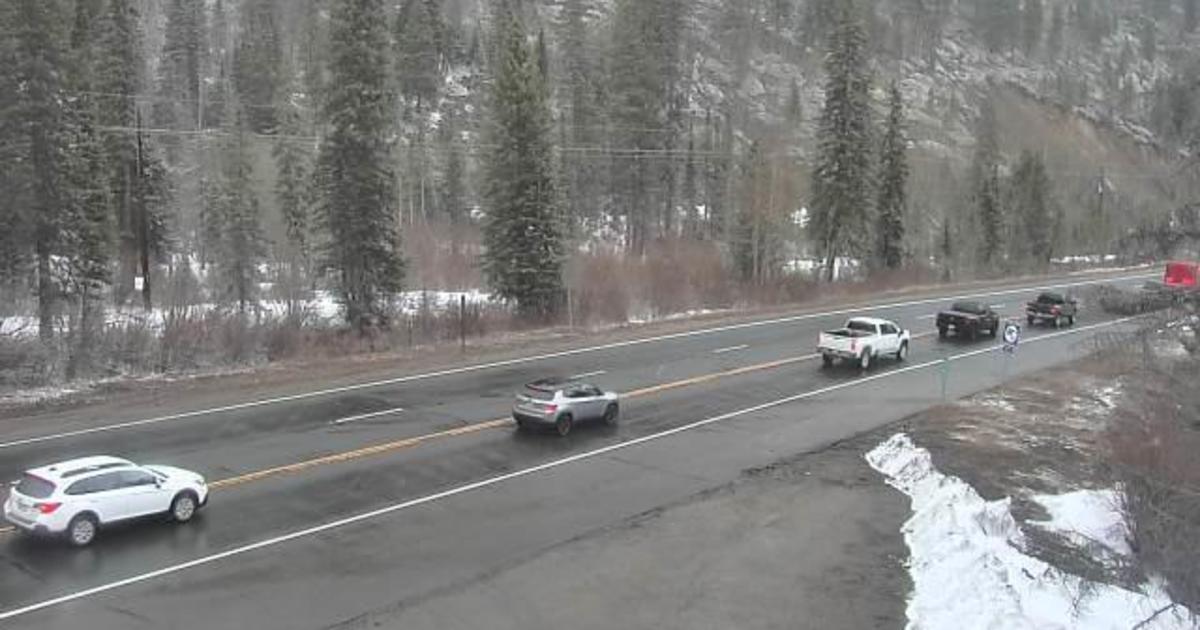Mayor Race Proves To Be Tight For Top 3 Candidates
DENVER (AP) - Mayoral hopefuls were sprinting to the finish Tuesday, knocking on doors and making phone calls before the polls closed to get out the vote in what is shaping up to be a low-turnout all-mail election.
Voters have 10 candidates to choose from, making a runoff a near certainty because 50 percent of the vote is needed to become mayor. The top two vote-getters would face off June 7 if there's a runoff.
Early, unofficial returns at 10 p.m. showed former state Sen. Chris Romer leading the pack with 29.55 percent of the vote, or 28,237 votes. City Councilman Michael Hancock had 26.54 percent with 25,360 votes, and former Denver Public Schools Board member James Mejia had 26.54 percent with 25,360 votes..
In the waning days before Tuesday's votes are counted, the candidates have forgone sleep to court voters at all-night restaurants and bars in a last attempt to persuade undecideds, and they've driven or walked through neighborhoods to offer to pick up and deliver ballots. It's too late for people to mail ballots and they must be dropped off at voter centers.
But Denver voters don't appear to be energized by the election, which has included a long cast of candidates, from councilmembers, a former state lawmakers and some long shots, such a resident who tried to get the city to form an extraterrestrial commission. The city's Elections Division said that more than 298,200 ballots were sent out and by Tuesday afternoon, 82,167 voters have returned them. That's a turnout of about 27.5 percent.
"It's low. It's very low. There were so many candidates, you'd think it would be higher," said Tina Romero, of the Elections Division's communications department.
Monday saw a big jump in the number of returned ballots with 14,749, nearly triple the number of ballots returned on Saturday.
Norman Provizer, a professor of political science at the Metropolitan State College of Denver, said all-mail elections usually help turnout. But this race been has been one "without a lot of buzz."
"None of (the candidates) has really ignited in the sense of capturing a lot of overt public attention," Provizer said.
All the top candidates are Democrats who don't differ much on major issues, Provizer said.
The candidates are vying to replace Democrat John Hickenlooper, who is now the governor.
The election has seen a wide divide among the candidates in terms of fundraising. That, in part, has led political observers to believe that the race hinges on three candidates: Romer, Michael Hancock, and Mejia, who led the construction of the city's new justice center.
Romer has raised about $1.4 million, Hancock has raised $791,200, and Mejia has $571,300. By comparison, one of the closest competitors, Denver Councilman Doug Linkhart, has raised about $175,100.
The job the candidates are lobbying for is a tough one: The winner will have 60 days after the July 18 inauguration to close a $100 million budget deficit for 2012.
Last-minute voters who did not mail their ballots were hurrying to drop off their vote Tuesday evening. Lane Bates, 49, ran down a street to a ballot drop-off location 90 minutes before the polls closed. He said he and his wife have had the ballot at home for two weeks.
"We just procrastinated," said Bates, who voted for Romer because he sees him as a fiscal conservative.
Bates said he thinks the city's budget woes are a microcosm of a national debate on taxes, and whether they're necessary or a detriment to job creation.
Roanne Kuenzler, 57, said the race has been uninspiring.
"I think there's a letdown. Hickenlooper was a very popular mayor," she said. "There's no one as exciting as he was in the race."
Kuenzler said she voted for Mejia because she thinks he'll be an advocate for education, given his background. "It's key," she said. "It's the solution to all of our problems."



